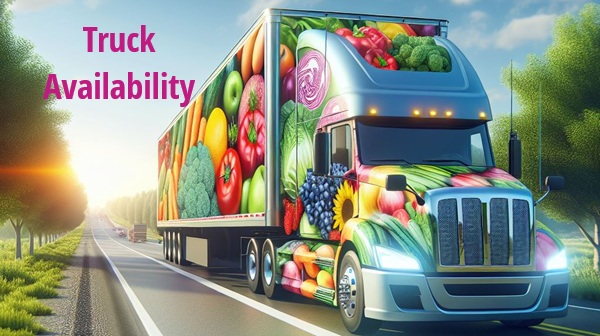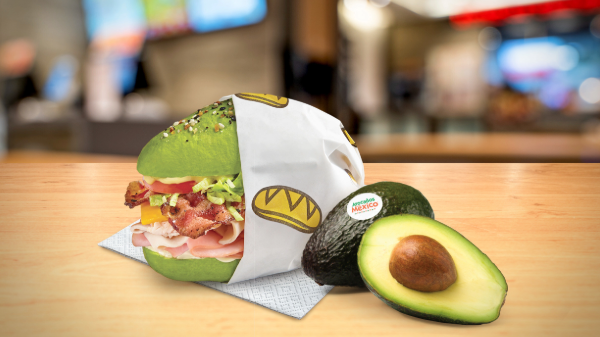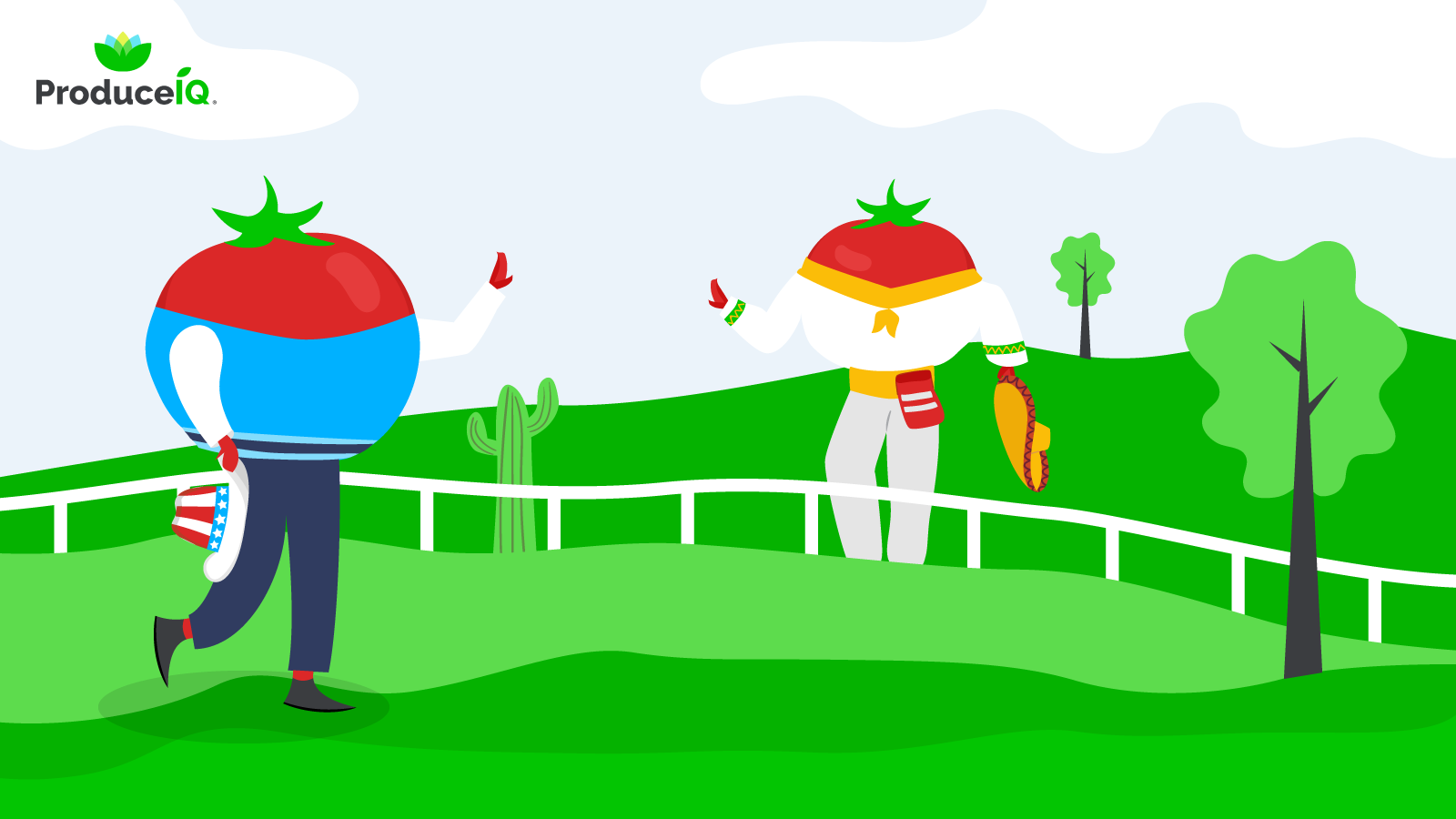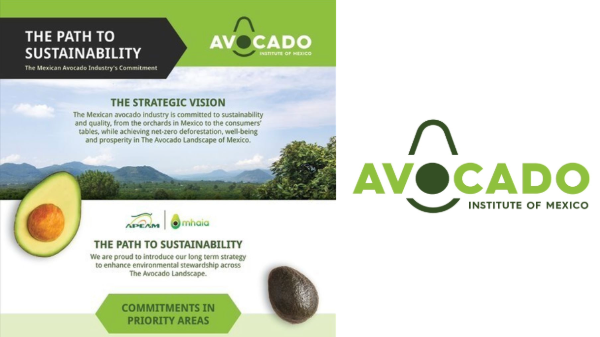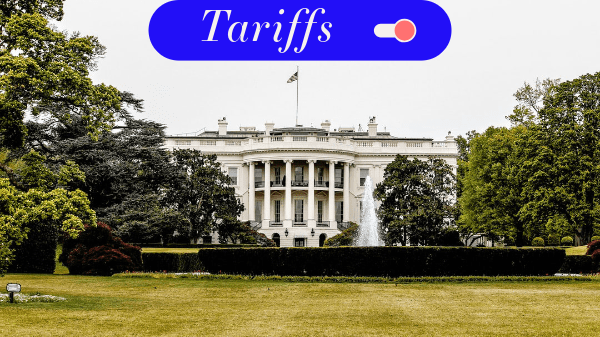Welcome to Blue Book!
Are you ready to join the thousands of companies who rely on Blue Book to drive smarter decisions? View our plans and get started today!
Still have questions? We’d love to show you what Blue Book can do for you. Drop us a line– we’ve been waiting for you.

You already know what the big story was for this week. We finally got an answer on how tariffs will affect fresh produce.
Tariff resolution
The main answer most were hoping for came: no tariffs on Canadian and Mexican imports, as long as they’re USMCA compliant, which most are. Mexican, Canadian produce exempted from new tariffs – Blue Book
However, there are tariffs of various levels on other nations. And we don’t know how Canada or Mexico will react to the tariffs that were included. Fruits and vegetables could still be caught in trade crossfire going both directions over the border.
But the biggest fears were averted.
A large produce trade deficit remains, and it’s generally not a major problem for the industry or consumers. Some U.S. producers do export their products, and one group supports the tariff plan.
Jim Bair, president and CEO of the U.S. Apple Association, released a statement supporting tariffs that hold other nations accountable. USApple releases statement on tariffs – Blue Book
He said apples have been restricted by export destination countries and have been the subject of retaliatory measures.
Trade matters to apples, and apple growers want a more even playing field.
FDA delay
The FDA food safety rule compliance delay was announced a few weeks ago, and many companies expressed relief, but not all are happy about it. Assessing food safety after the FDA compliance delay – Blue Book
Gary Fleming, CEO of Inteligistics, told us food safety is still a huge issue, and companies should not take their foot off the gas of traceability compliance.
He said some large buying groups who were planning to meet the original January 2026 deadline will still require it from suppliers.
He also said consumers have changed in the last decade in that they’re more aware of outbreaks and hold companies involved more accountable.
Food safety has never been a competitive advantage in the produce industry, but Fleming envisions a future where it could be.
Frutura acquisition
Frutura acquired Montana Fruits, a Colombia-based avocado shipper. Frutura supplies avocados through several of its member companies, and this acquisition allows it to be a better year-round supplier, leadership says. Frutura acquires Colombian avocado firm – Blue Book
The company specifically mentions suppliers in Peru, Chile, and Colombia. While they leave out Mexico, Frutura has year-round supplies from there through Dayka & Hackett.
Nonetheless, it indicates the company sees value in sourcing beyond Mexico.
In other news sources, the Wall Street Journal ran a feature on Chipotle, saying the restaurant chain has been working for years to diversify its avocado supply from Mexico. It cited estimates that Chipotle imported 5 percent of all U.S. consumed avocados. Trump’s Mexico Tariffs Could Raise Avocado Prices. Chipotle Prepared for This Moment. – WSJ
The U.S. imported $3.4 billion in avocados from Mexico last year, so 5 percent of that, according to my journalist math, is $170 million in avocados.
The Chipotle CEO says about half of orders include guacamole at the chain.
So it’s been sourcing more from Peru, Colombia, Chile, and the Dominican Republic.
Kind of like Frutura.



